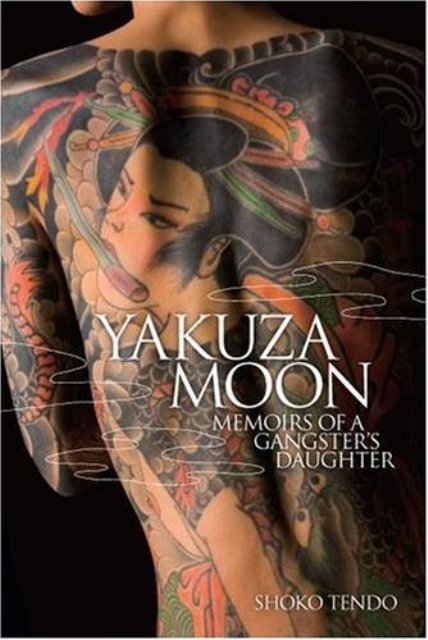Wolf Totem by Jiang Rong (Penguin)
Large countries have frontiers, and these are places where myths are born. America has its far West and China has the steppes that are the gateway to Mongolia. Both places have given rise to legendary men, the U.S. cowboy and the nomadic horsemen whose forbears rode with Genghis Khan to conquer the northern half of China, and subsequently much of the known world.
Chen Zhen is a student of history who comes to Inner Mongolia during the Cultural Revolution with two boxes of banned books and a strong sense of curiosity about the world around him. Becoming fascinated by the nomadic hunters whom he lives with, Chen apprentices himself to an old man who still holds a leadership position among his people and whose knowledge is encyclopedic.Slowly Chen learns the importance of wolves to nomadic culture and how these animals are both highly revered and fiercely fought against.
While searching for the key to Mongolian military conquests, Chen begins to attribute this feat to the wisdom the Mongols have learned from the wolves. The strategies used by wolves to track down prey and elude human cunning Chen sees mirrored in the hunting skills of the nomads who surround him and in the accounts he has read of Mongolian battle campaigns. in an attempt to learn more about an animal whom he feels has shaped history, Chen kidnaps a wolf cub to raise as his own and to observe in a scientific manner.
He doesn't expect to fall in love with the small wolf, or with the wild beauty of Inner Mongolia's grasslands. Nor does he remember the warning that each man kills the thing he loves.
This novel is written by a man who lived much of Chen Zhen's fictional life. Jiang Rong volunteered to work in Inner Mongolia in 1967 and lived there until 1978. He adopted an orphaned wolf cub (a far more benign acquisition than Chen's abduction)and raised it and obviously loved it. His eleven years on the steppes are conveyed quite beautifully in this novel--a love letter to a vanished world--and the account of Chen's spiritual odyssey rings true on every level, even when it is cruel and thoughtless, as well as when it is lyrical.
The novel in many ways is an environmental lamentation and an indictment of empire building and manifest destiny that at times threatens to swamp the story but never does. It is an amazing book to come out of China, where it "sold in the millions--in both authorized and pirated editions". It would be interesting to know whether Chen's philosophic reflections and the unsparing descriptions of the Han Chinese settlers were included in the Chinese edition, and how the omission of these portions would alter the pace and focus of the novel. Would the adventure of Mongolian wolf hunts and the haunting beauty and sadness of Chen's relationship with the baby wolf make a better novel without the didactic discursions? Read Wolf Totem and decide for yourself...



